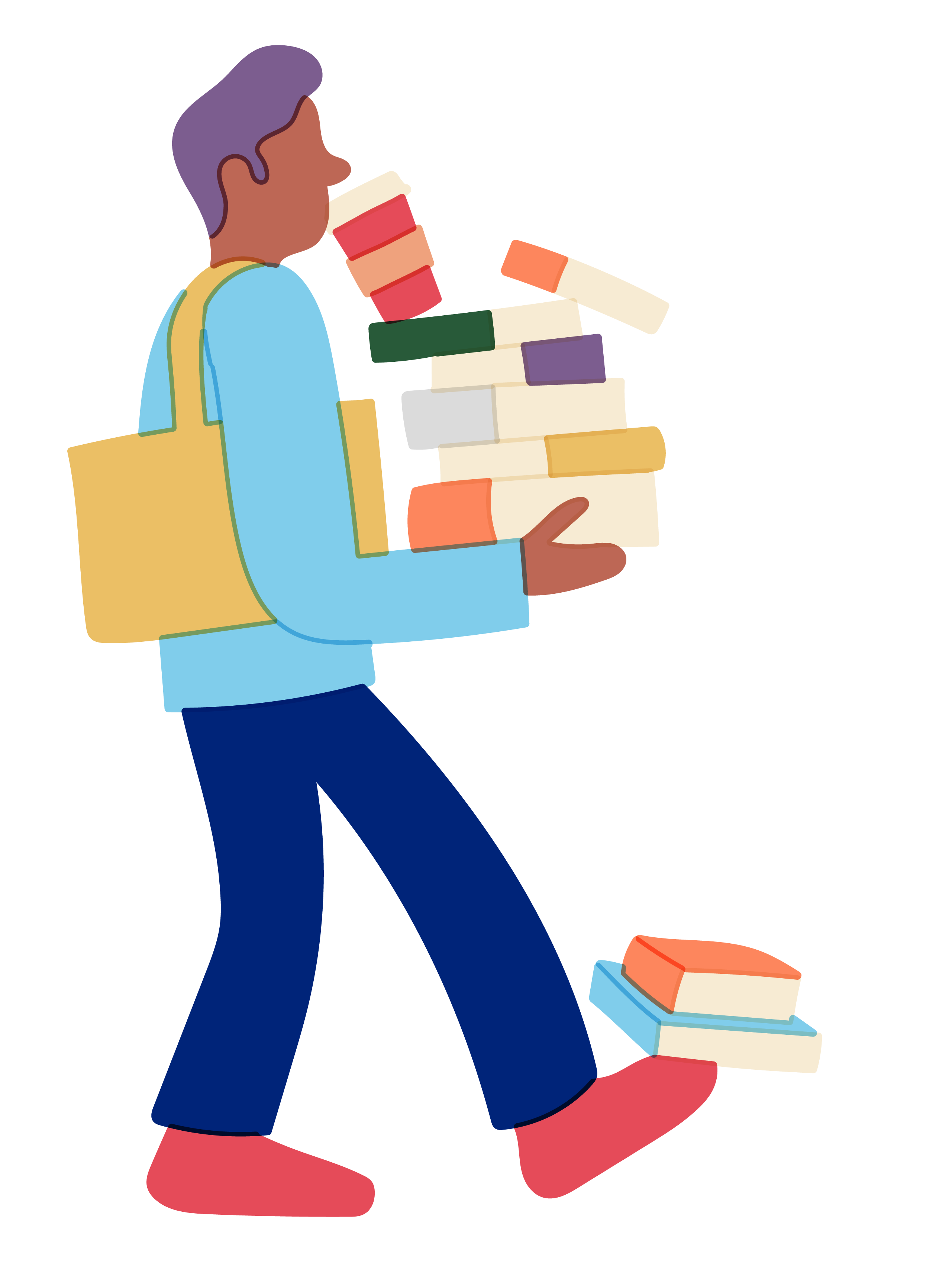"What are you gonna do with that degree?" is just one of the questions endlessly faced by Classics majors and those wondering if they should study the Classics. What Classics majors are gonna do is understand the past and present and enjoy every aspect of the world as we know it so much more, and here you'll find out why.
I. What you actually study in Classics
1.) What the name means.
"Classics? You mean like the Great Gatsby?" is a question I once received upon telling someone my major in college. Most people, including students, don't understand that "the Classics" (also referred to as "Classical Studies" and just "Classics") is a very specific and long-standing (far older than the Great Gatsby) discipline that studies ancient Greek and Roman culture.
2.) It's an old and legitimate job.
Ever since Greek literature and culture were spread by Alexander the Great and the Roman Empire rose and fell, scholars across the Western world have been preserving and deciphering what survives of Greek and Latin literature and trying to learn more about these civilizations by excavating their buildings and artwork.
3.) It's science!
Classics is a science that analyzes the ancient world and tries to solve the mysteries left behind after so much culture has been lost, from the Middle Ages until now. You, too, could be part of the tradition, a scientist of the ancients.
II. How Classics impacts the study of English
1.) Do you "talk English good"?
A student once told me after a class that she never understood many things about speaking and writing proper English, including the correct usage of "who" and "whom," until she learned Latin. The ancient Greek and Latin languages, by learning which we read accounts by ancients about their world, have a structure that is more precise than English, and once students put in the work to learn them, many puzzling aspects of English become clear.
2.) Shakespeare.
And not just him, but the Greeks and Romans pioneered the genres of tragedy and comedy and influenced Shakespeare's work enormously. Likewise, the plot structure of pretty much any literature you read can be better understood if you go back to the ancient literature that has influenced the world ever since its time. Bottom line: if you major in Classics, you'll be a better reader overall.
III. How Classics impacts the study of History
1.) Everybody looks back.
From Medieval times to the Renaissance to England to the American Revolution and beyond, history since the Greeks and Romans has continued to be shaped by them. The way countries have behaved, individual thinkers and artists, and the way society is set up have all taken something from the ancient world.
2.) Know your world.
Classicists (scholars of Classics) also have much more insight into the modern world. Read only Thucydides' History of the Peloponnesian War and you'll be surprised how clearly you suddenly see modern politics.
IV. How Classics impacts the study of other languages
1.) Want to learn Spanish? Ask its parent for help.
Since Latin influenced Romance (Southern European) languages like Spanish, French, and Italian and Slavic (Eastern European) languages like Russian, there's a good chance that you'd have an easier time learning your language of choice if you already know Latin and/or Greek.
2.) You're just better at language.
Even the third group of European languages, Germanic (Northern European) languages, although they developed more independently of Greek and Latin, are easier to understand once you understand language structure from learning the ancient ones (and because the Germans really like the Classics). Plus, after learning a difficult language like Ancient Greek and getting used to its different alphabet, languages like Arabic and Chinese might be easier to get used to, too.
V.How Classics impacts your understanding of movies & TV
1.) Plots and genres.
As with literature, ancient drama (comprising tragedy and comedy) set the stage (no pun intended) for the basic plot structure that even modern sitcoms follow. Study ancient plays and you'll probably be able to predict where a movie is going before anyone else and better appreciate the things you watch and see.
2.)MOVIEs based on ancient history are popular.
Classical studies will make many of the movies and TV shows that come out more fun and satisfying. You will appreciate the real story behind TV shows like Spartacus and movies like 300. If you're serious about it, you might have some frustrations with historical inaccuracy in these media, but that also means you can impress people with knowledge they didn't expect you to have. My Latin class was surprised when I showed them Disney's Hercules in order to tell them about the ways actual Greek mythology differs. Rise above mainstream culture!
Whether you are a student uncertain about what your major will be or a current Classics major who is wondering if you are studying something that matters, do realize that your entire world will make more sense if you spend your college days with the ancient Greeks and Romans.

Comments